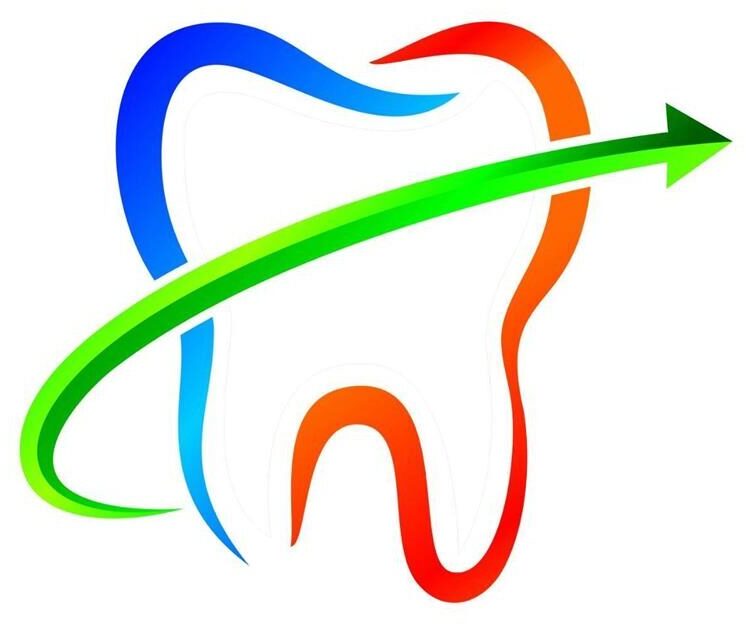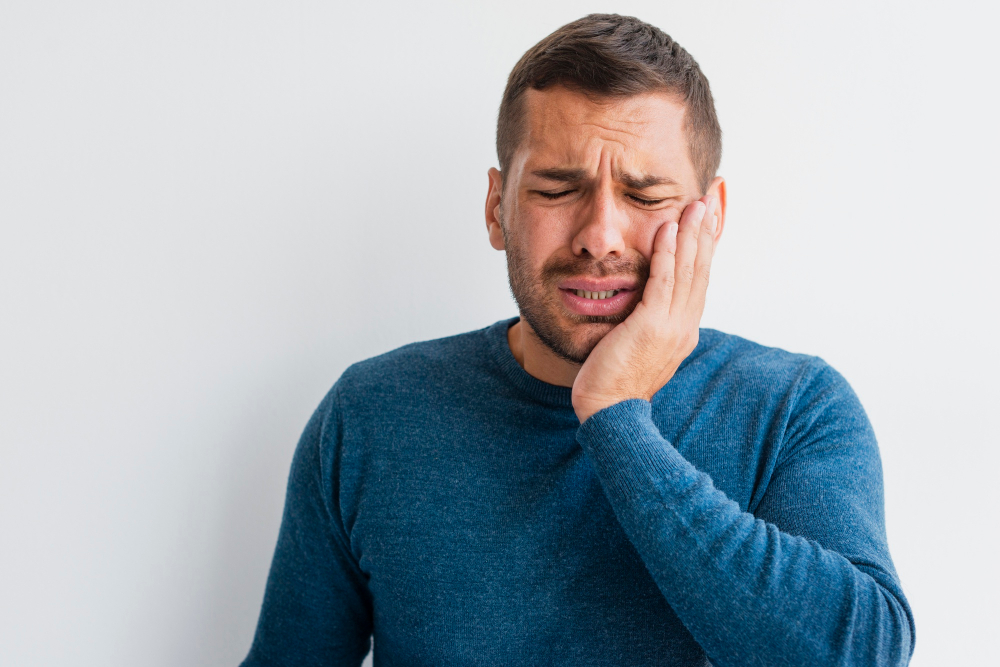What Are TMJ Disorders?
TMJ disorders and headaches often go hand in hand. TMJ stands for temporomandibular joint, which is the hinge that connects your jaw to your skull. When this joint does not work well, it can cause pain and other problems. TMJ disorders are common jaw joint problems that affect many people. According to the National Institutes of Health, millions of people experience jaw pain causes related to TMJ each year. This condition can make daily life uncomfortable, especially when it leads to headaches.
Common Symptoms of TMJ Disorders
TMJ disorders can show up in many ways. Some symptoms are easy to spot, while others may be less obvious. For example, you might notice:
In addition, some people feel pain in their neck or shoulders. If you notice these signs, it may be time to look for TMJ headache relief.
How TMJ Disorders Cause Headaches
Many people wonder how TMJ disorders and headaches are connected. The jaw joint sits close to nerves and muscles in your head and face. When the joint is not working right, it can strain these areas. As a result, you may feel pain that spreads to your head. For instance, tight jaw muscles can trigger tension headaches. In some cases, the pain may feel like a migraine. Because the symptoms overlap, TMJ headaches are often mistaken for other types of headaches.
Diagnosing TMJ Disorders
Getting the right diagnosis is important. Dentists for TMJ use several steps to find the cause of your jaw pain. First, they will ask about your symptoms and medical history. Next, they may check your jaw movement and listen for clicking sounds. Sometimes, X-rays or other scans help rule out other jaw pain causes. Early diagnosis can lead to better TMJ headache relief and prevent further problems.
Treatment Options for TMJ Disorders
There are many ways to treat TMJ disorders and headaches. Your dentist or TMJ specialist will suggest the best plan for you. Common treatments include:
Most people find relief with simple steps. However, it is important to follow your dentist’s advice for the best results.
Tips for Managing TMJ-Related Headaches
Managing TMJ headaches at home can help you feel better. Try these tips:
Additionally, regular gentle stretching can ease muscle tension. If your pain does not improve, seek TMJ headache relief from a dentist.
Prevention and Lifestyle Guidance
Preventing TMJ disorders and headaches is possible with a few lifestyle changes. For example, you can:
By making these changes, you can lower your risk of jaw joint pain and headaches.
When to See a Dentist or Specialist
Sometimes, home care is not enough. If you have jaw pain, headaches, or trouble moving your jaw, it is time to see a dentist for TMJ. Also, if your symptoms last more than a week or get worse, seek help. Early treatment can prevent long-term problems and improve your quality of life.
For personalized advice and treatment options, consult a dentist or TMJ specialist. They can help you find the best TMJ headache relief for your needs.

